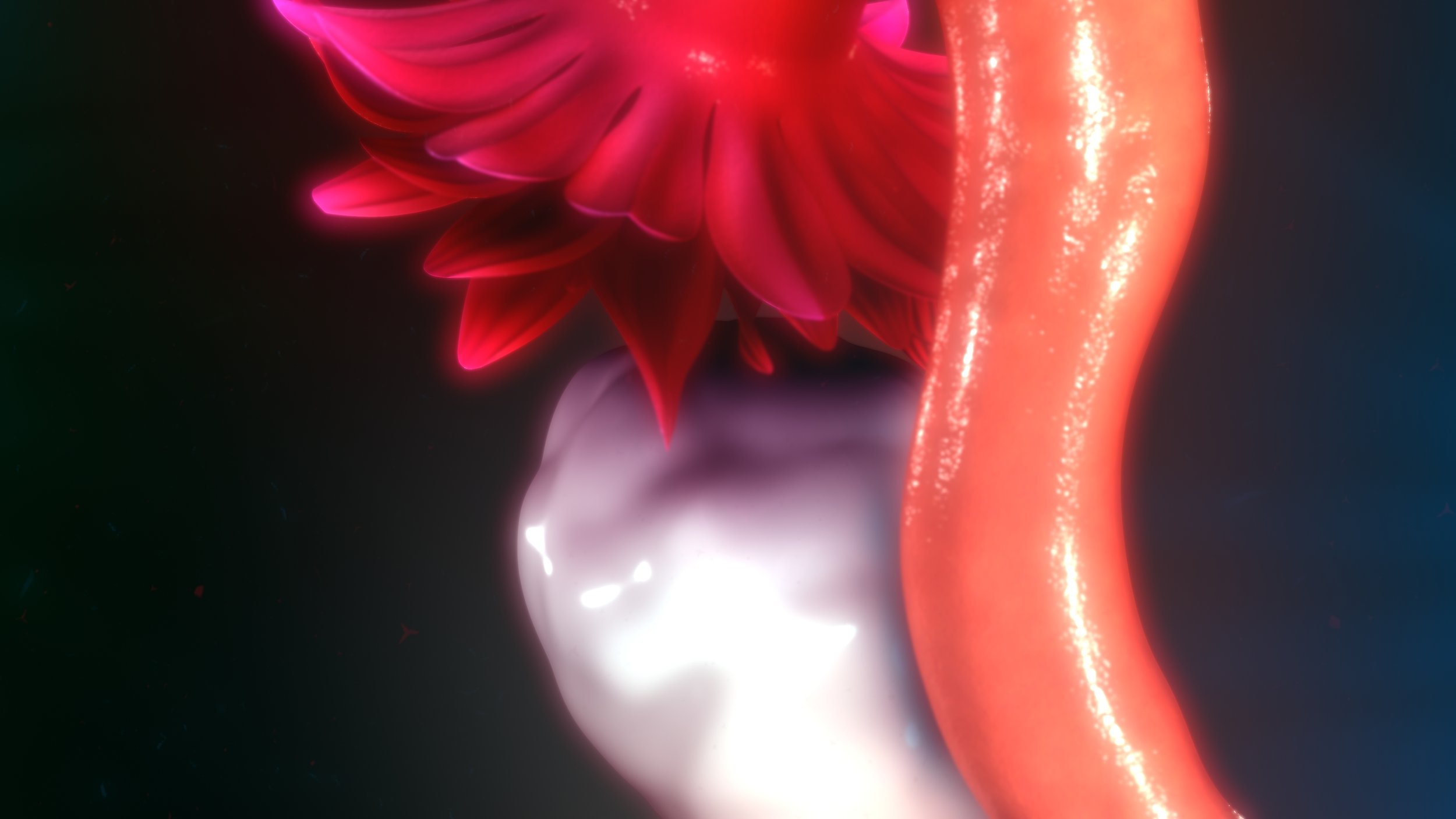The TCM Perspective on Egg Quality and Reproductive Vitality
Egg quality is often at the heart of fertility discussions, IVF outcomes, and the ability to sustain a healthy pregnancy. While Western medicine mainly assesses “egg quality” using lab markers like AMH, FSH, and embryo development, Traditional Chinese Medicine (TCM) offers a different lens. The TCM perspective on egg quality centers around the concept of Kidney Jing, the foundational source of reproductive essence.
Kidney Jing: TCM’s Foundation of Fertility
In TCM theory, the Kidneys are far more than physical organs; they’re the body’s source of foundational energy. Jing, translated as “essence,” is stored here and is inherited from your parents. This prenatal essence determines your constitutional strength, resilience, and fertility potential. Over time, the body’s reserves of Jing naturally decrease due to aging, stress, lifestyle factors, and illness.
Women’s Kidney Jing nourishes the development of the reproductive system, menstrual cycle, the maturation and quality of eggs, and the ability to conceive and carry a pregnancy. TCM interprets low egg quality as a result of Jing deficiency or disruptions in the flow of qi and blood, which are needed for healthy ovarian and reproductive function.
Jing’s Relevance in Modern Fertility
Though Jing itself isn’t measured in lab tests, its influence is reflected in many key parameters that modern medicine tracks. Jing corresponds to ovarian reserve and cellular vitality, affecting hormone balance by regulating the hypothalamic-pituitary-ovarian (HPO) axis, and even impacting mitochondrial energy within eggs. As Jing gradually decreases with age, so does reproductive resilience - mirroring Western medicine’s view on diminished ovarian reserve.
Critically, TCM views egg quality as dynamic and responsive, not fixed. By enriching the body’s “internal soil,” TCM holds that we can nurture better egg quality and reproductive outcomes.
How TCM Supports Egg Quality and Vitality
TCM uses several approaches to enhance Jing and optimize egg health:
✧ Acupuncture works to ensure the smooth flow of qi and blood in the pelvic area, improve ovarian circulation, and calm stress, helping create the ideal environment for egg development. Studies show it can increase ovarian blood flow, modulate hormone signaling, reduce inflammation, and promote relaxation - all of which are crucial for reproductive vitality.
✧ Chinese herbal medicine customizes formulas to each patient’s needs, focusing on nourishing Kidney Jing, boosting blood, supporting digestive function, and resolving internal imbalances that might interfere with ovulation. Classic blends such as Zuo Gui Wan, You Gui Wan, and Jing-nourishing herbs like He Shou Wu and Gou Qi Zi are often prescribed, tailored, and refined to suit the changing phases of your cycle and health status.
✧ Nutrition and lifestyle also feature prominently in TCM fertility care. We often recommend warm, nutrient-dense foods that bolster Spleen and Kidney health, such as bone broths, black sesame seeds, and goji berries. Prioritizing restorative sleep and effective stress management can conserve and replenish Kidney essence.
A Holistic Framework for Better Egg Quality
Ultimately, the TCM paradigm reframes egg quality as intimately connected to the body's essence, energy, and nourishment. Rather than focusing narrowly on numbers or statistics, this medicine encourages cultivating whole-body resilience and building healthy foundations that support egg maturation and fertility over the long term.


